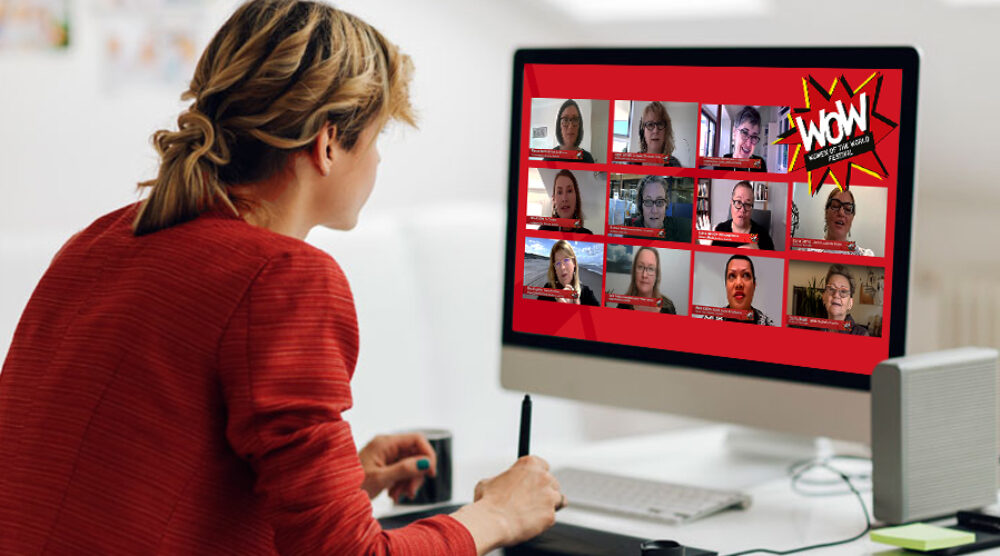I am an optimist. An idealist. A doer. So, how can we create opportunities to increase women’s economic security in a COVID-19 world where we are seeing a ‘she-cession’? The recent Women of the World Festival, live streamed for 24 hours around the globe, highlighted the negative impact of COVID-19 on women and the solutions. This piece focusses on the changes we can make as individuals to turn the tide on the she-cession.
Business is booming
When retailers are going into administration, employees are losing their jobs and whole industries are at a standstill, who are the businesses that are doing well and why? A recent Ernst and Young study stated that 43 per cent of respondents said COVID-19 would change their shopping habits and 23 per cent will pay more for ethical brands. Examples of this are Edible Beauty, Clean Tea and Modibodi.
These brands are better for our bodies and the environment. But, look behind the business and they are mums creating employment for other women in their communities. Where you spend your money has an impact on our society because women make 85 per cent of purchasing decisions. So, by choosing brands with female leaders you are helping to create gender equality for families and communities, creating employment for other women and helping our environment.
Workplace flexibility and remote working is the norm
Organisations and leaders have experienced the benefits of supporting staff to work remotely and flexibly during the pandemic. Individuals no longer have lengthy commutes to work have space in their day to connect with their health, community and families. Before the pandemic, 4 out of 5 new fathers wanted to be involved in caring for their children. We need to give them the structures to do so. Let’s continue to make this the norm and strive to create better balance of childcare and housework in the home. It was great to hear from Aurizon during the WOW Local Conversation that they have started this process.
Understand your superannuation
How much do you need to have in your superannuation today to comfortably retire? For me, an almost 40-year-old I should have $154,000 in my super account. The average balance for a 40-year-old female is $41,408. Women over 55 are at the greatest risk of homelessness. By understanding your superannuation and putting in strategies now, you could be giving yourself a gift of $100,000, or more. And, there is so much support out there. Companies like QSuper, Super Rewards and FairVine Super are all helping to educate women on how to make their super into a financial superpower.
You are also an investor. Part of my QSuper goes to socially responsible investments. So just like large financial institutions asking for reports on gender equality indicators before investing, individuals can also choose where to put their funds. Is your investment mix in line with your values as well as your financial goals?
More diverse voices in parliament
Australia has been so fortunate compared to other countries in managing the coronavirus. However, some policies have unintentionally made the world more unequal for women. Key to changing this is having more diverse leadership voices within Governments. Use your vote to elect more diverse leadership. Use your voice to tell your local members what you are expecting from them and how their policies are impacting you.
Ethical supply chains
Approximately 34.8 per cent of businesses in Australia are women owned but they access less than 2 per cent of the global procurement market. So firstly, if you are a woman in business, trade with other women in business. It creates a virtuous cycle of increasing returns and impacts women’s economic security. Your action could be as simple as including a minimum of one women led business is included in every procurement/request for quotes.
For organisations who are looking to adopt Gender Equality Procurement Principles, Femeconomy has created a toolkit to help you on that journey.
Alanna Bastin-Byrne is Co-Director of Femeconomy and Entrepreneur in Residence in the Department of Business Strategy and Innovation, Griffith University.





